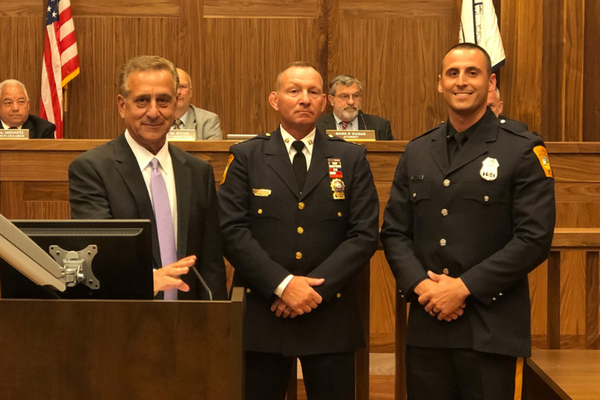
French Overseas Minister Manuel Valls has launched a third round of talks between pro and anti-independence groups in New Caledonia. Amid deepening divisions over last year's unrest, he warned that further chaos could be in store if all parties don't shoulder their responsibilities.
Valls began the third round of discussions on Wednesday in the capital Nouméa, determined to secure an agreement on the future of the French overseas territory.
“It’s either an agreement or chaos, and everything must be done to ensure we succeed,” he told Nouvelle Calédonie La 1ère radio, hours after holding separate meetings with the various pro and anti-independence delegations.
Without an agreement, there could be no stability "and without stability, I fear the worst," he warned. “There can be no new investments, no economic projects, no support for the nickel sector. Caledonia is struggling socially, and there are life-threatening risks."
The archipelago is still reeling from riots last year sparked by attempted electoral reforms, which left 14 people dead and caused more than €2 billion in damage.
Despite government payouts, the economy is in crisis and unemployment has soared.
The violence also deepened divisions over the archipelago's status in relation to mainland France.
Deadly unrest in New Caledonia tied to old colonial wounds
Self-determination
This is Valls' third visit to New Caledonia in the last two months. He will present a new working document on self-determination – the result of the previous two rounds of discussions.
The pro-independence Kanak and Socialist National Liberation Front (FLNKS) want the agreement to set a clear timeline for exercising the right to self-determination, not least because they contest the results of the third and final referendum in 2021 which rejected independence from France.
Following talks with Valls, MP Emmanuel Tjibaou, the leader of the FLNKS delegation, expressed a willingness to find a compromise, although he did not commit to continuing the talks – which could go on until Valls' planned departure on 8 May.

The pro-France loyalists, meanwhile, say the three referendums have settled the debate over self-determination.
Loyalist Philippe Blaise said he resented what he considers pressure tactics from the French government.
“Manuel Valls’ argument for forcing us to sign an agreement – the threat of disaster – is not acceptable,” he posted on social media, adding: "Serious negotiations don’t happen from a position of weakness.”
For Philippe Gomès, former MP and founder of the centrist, anti-independence Calédonie Ensemble party, the timeline on self-determination remains the key sticking point.
"In five, 10 or 15 years? Or never as the loyalists want, or in five years as FLNKS wants?" he said to RFI, arguing that the concept of self-determination "has to evolve".
"It can't be for tomorrow, we've lost 30 percent of our GDP. We need a period of stabilisation after the events of last year, the referendums, the slump in the economy."
Anniversary of French occupation exposes rifts over New Caledonia's future
Reconciling the irreconcilable
The right to self-determination is recognised under the French Constitution and the Constitutional Council, emphasised Sémir Al Wardi, a university professor in French Polynesia.
"The debate is about what we do with that right, where we want to go," he said. "Do we move toward independence? Toward integration? Toward self-government? Toward an associated state? The possibilities are endless."
Valls hopes to make progress on the need for a constitutional law and the reform of the electoral register, but recognised the challenges.
“I have to reconcile the irreconcilable,” he said, in reference to the desire for independence on the one side and a deep attachment to France on the other.
New Caledonia was a French colony from 1953 until 1946, when it became an overseas territory of France.
The change in status paved the way for full citizenship and voting rights for indigenous Kanak people. A 1988 agreement between Paris and New Caledonia leaders launched the process of self-determination and decolonisation.







